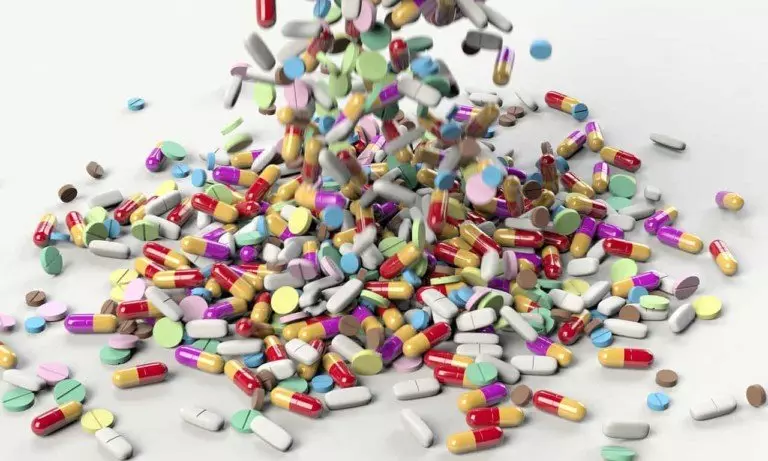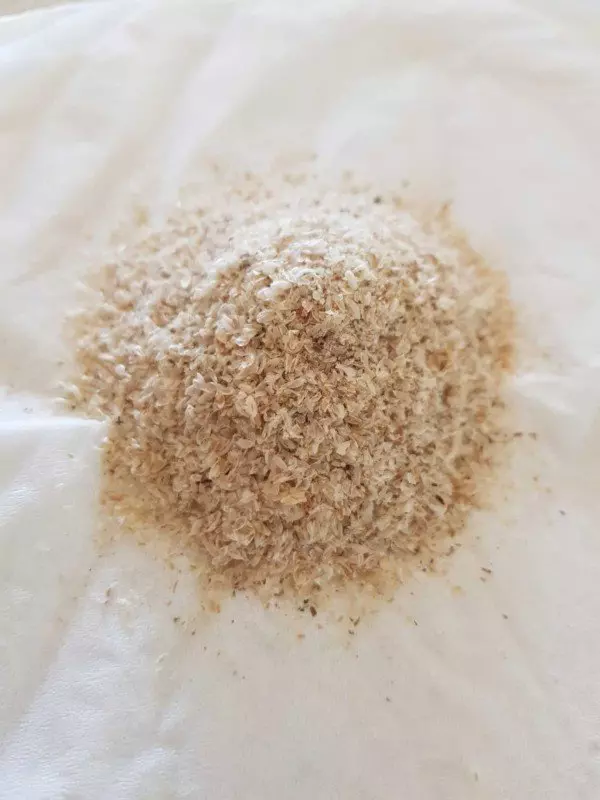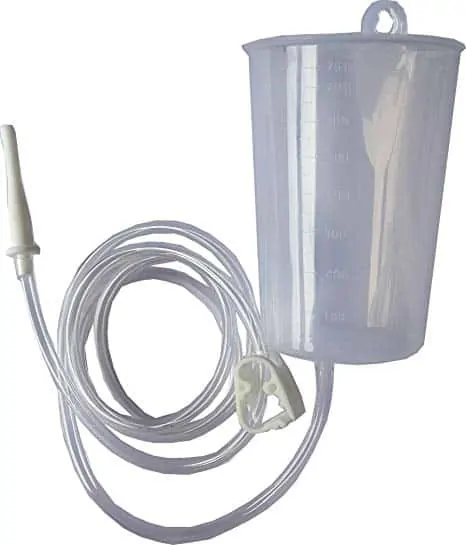
What causes Constipation in Parkinson’s disease?
Table of Contents
ToggleParkinson’s disease affects nerves going to the intestines. As a result, the intestines, just like the rest of the body, move slowly in Parkinson’s disease. This is the major reason why almost all patients of Parkinson’s disease also have constipation. Patients with Parkinson’s disease may also find it difficult to relax the anal sphincter (the outlet valve) sufficiently so that stools can be passed.
Other factors increase constipation, and it is straightforward to treat these other factors:
- Patients with Parkinson’s disease may not get up frequently to drink water. As a result, they might become dehydrated, and their stools may become hard.
- Physical immobility by itself, and lying in bed all the time can delay the downwards passage of food.

- Patients prefer to eat softer things in Parkinson’s disease because these are easy to swallow. Frequently, these softer things (e.g. rice) do not provide enough fibre. Fiber in our food absorbs water and makes stools soft, making them easy to pass.
- When the urge comes, patients with Parkinson’s disease may not be able to get up to pass stool. This may cause stools to become hard and impacted (stuck).
- Some medications such as opioids (e.g. tramadol, given for pain), antidepressants (e.g. Amitriptyline), antihypertensives (diltiazem, furosemide, chlorothiazide etc) may worsen constipation.
What should you eat if you have Parkinson’s disease & constipation?
Ideally, you should eat a high-fibre diet. Particularly, you should eat a diet rich in insoluble fibre which is found in raw vegetables and fruits.
It is essential to be careful about the kind of vegetables and fruits you should eat.
Try to eat vegetables and fruits that are easy to swallow. For example, having 1-2 bananas every day would be a great idea! Fruits and vegetables that are difficult to chew and swallow (e.g. apples and pears) may get stuck in your throat if you try to swallow them whole. Therefore, you can mash them nearly into a pulp, or even better pulverize them in a mixer before you eat them.

If you have diabetes, try to avoid fruits with high sugar content (e.g. grapes and mangoes). Vegetables such as spinach, mushrooms or well-cooked cauliflower, broccoli and other soft, easy to swallow vegetables would be excellent choices.
If you have a lot of trouble incorporating fibre into your diet, think about buying a smoothie machine or maybe you can even use your regular mixer. If it is strong enough, it pulverizes any fruit or vegetable into a fine smoothie that is very tasty! “Ninja” is one such good brand for blenders. You can increase the taste further by adding reasonable quantities of sugar, chocolate powder, honey and other condiments.

If you have trouble swallowing, remember to make the smoothie on the thicker side, almost like custard. This can be achieved by putting a banana or two in each smoothie. Make sure there are no large chunks of fruits/vegetables. You can take it in a bowl and eat it with a spoon. Thick smoothies eaten with a spoon are easier to swallow than very thin smoothies.
Is it important to drink enough water?
Absolutely!!!
Water is essential to keep the stools soft. It is absorbed by the fibre in the diet. This swollen up fibre increases the bulk of stool. This bulk makes it easier for intestines to push it forwards and ultimately out of the body.

Patients with Parkinson’s disease often don’t drink enough water because of two problems:
- They find it difficult to get water when they are thirsty.
- They find it difficult to go to the bathroom when they have to pass urine.
Some of my patients were used to drinking only 2-3 glasses of water when they visited me! Of course they were very constipated!
Consider drinking at least 7-8 glasses of water daily. If you want, you may drink less water towards the end of the day so that you don’t have to get up in the middle of the night to pass urine. If you do have a lot of trouble getting up in the night, you may need adjustment of your medications so that they keep working throughout the night.
Do two things:
- Keep a bottle of water near your bed / the place where you sit.
- Make sure you drink at least 7-8 glasses of water daily.
What are some useful home remedies?
Other than eating a healthy, high-fiber diet and drinking enough water you may try the following home-remedies for constipation:
- Walk at least 30 minutes daily.
- When resting, sit upright in a chair. Do not spend the day lying down in bed.
- Substances called “Probiotics” may help in maintaining a regular bowel schedule. Don’t buy expensive medications for this purpose! Yoghurt or “Dahi” is a rich source of probiotics. You can try eating half to one bowl of yoghurt/Dahi daily.

- Prunes provide some laxative effect. They can be difficult to swallow, so make sure you smash them or cut them up into tiny pieces before you eat a few pieces daily.
- Maintain a regular bowel schedule. Try to use the bathroom at the same time every day. When you get an urge to pass stool, do not wait. Try to use the bathroom as soon as it is possible.
Which medications should you avoid for Constipation in Parkinson’s disease?
You should NEVER take any medications without the prescription and advice of a Doctor. Taking medications without a prescription is illegal and may be life-threatening.
- Levosulpuride (e.g. PAN-L tablets)
- Metoclopramide (e.g. Perinorm)
- High doses of domperidone (e.g. PAN-D tablets)

Which medications are safe for Constipation in Parkinson’s disease?
Laxatives that increase the bulk of the stool (e.g. Isabgol) are the safest medications for constipation in Parkinson’s disease. If these are not helpful, then some mild medications that increase the movements of the gut (e.g. bisacodyl) can be prescribed by your doctor.

When all else fails, an enema can be helpful. A warm-water enema may help in making stools soft. Rarely, a stimulant enema may be given to make the gut move and expel the stool. Remember that enemas, just like all medications, should be given ONLY after talking to a doctor.

In rare cases, the stools may need to be manually removed by a surgeon. However, if you maintain a regular diet and schedule this is not required.
Caution: This information is not a substitute for professional care. Do not change your medications/treatment without your doctor’s permission.
